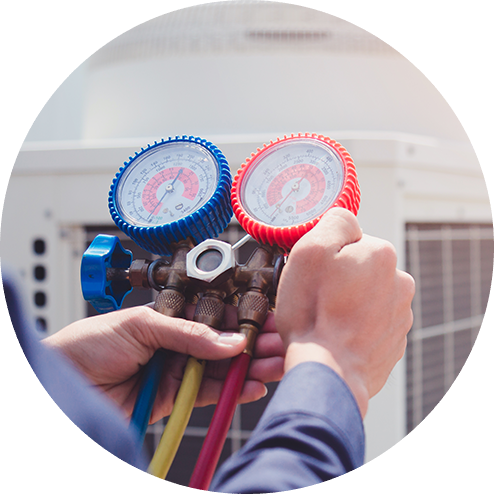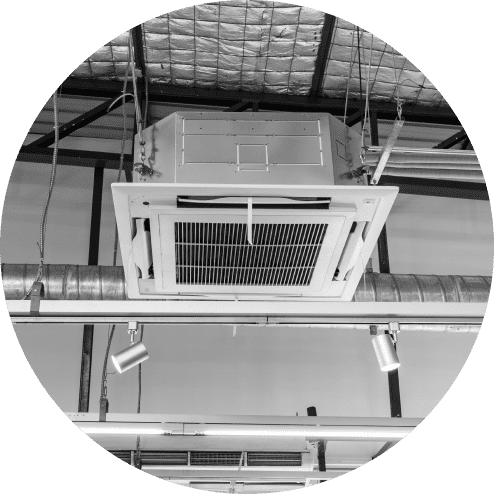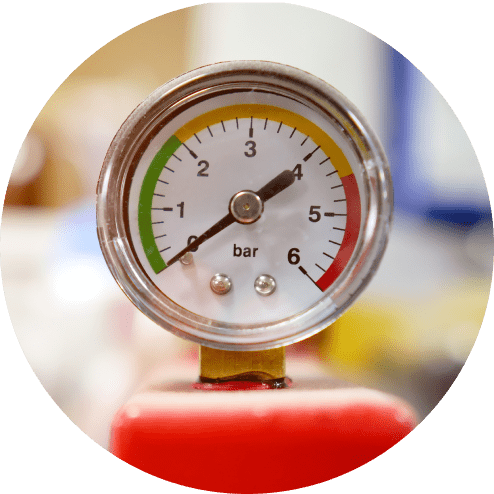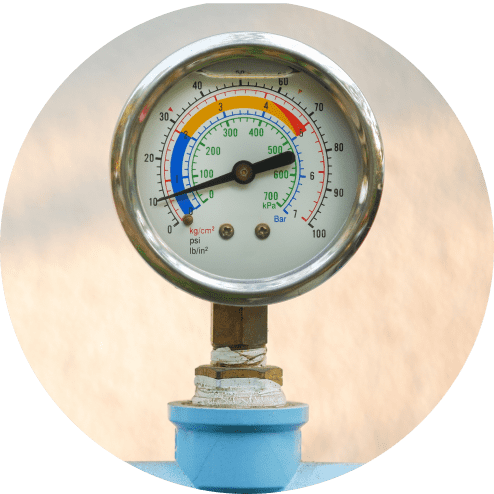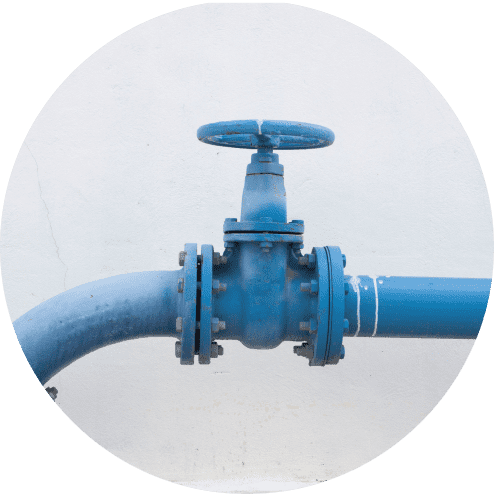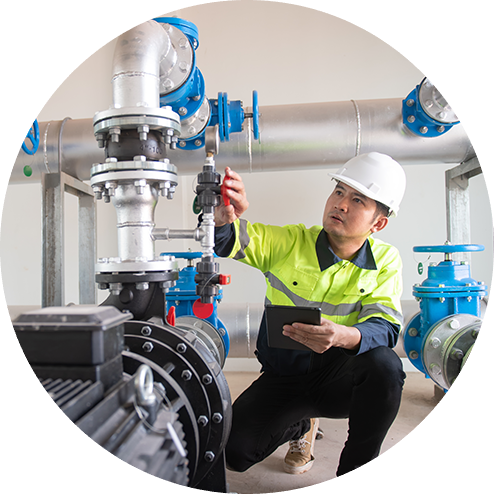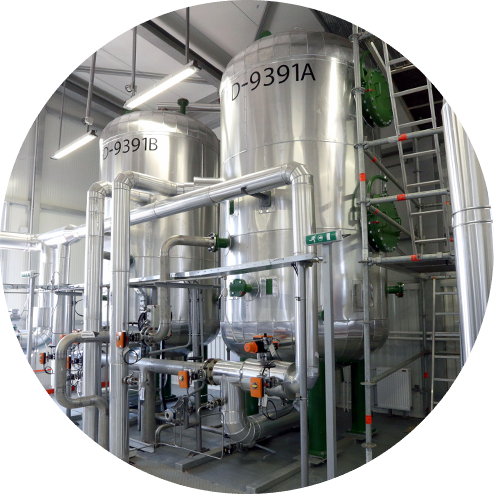Acting as a steward for our environment and natural resources is critical to our company. As we solve critical challenges for our customers, we are also committed to improving the environmental impact of our own operations.
Hubbell's Environmental Goals
reduction
in Scope 1 and 2
emissions by 20301
EMISSIONS
reduction
in water usage
by 20301
WATER
reduction
in hazardous waste
by 20301
WASTE
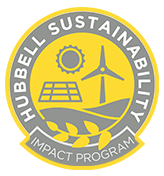
Hubbell’s Sustainability Impact Program
As part of our commitment to improving the environmental performance of our direct operations, we established Hubbell’s Sustainability Impact Program (SIP). SIP invests in capital projects that propel us toward our environmental goals, including solar-panel installations, equipment upgrades, lighting retrofits, and water and waste re-processing systems.

Climate Change Risks and Opportunities
We focus on trying to manage the climate-related risks and opportunities of our business for our stakeholders and the planet in the near and long term.
Through strategic analysis and business planning, we are taking steps to address climate change risks while also leaning into climate-related opportunities:
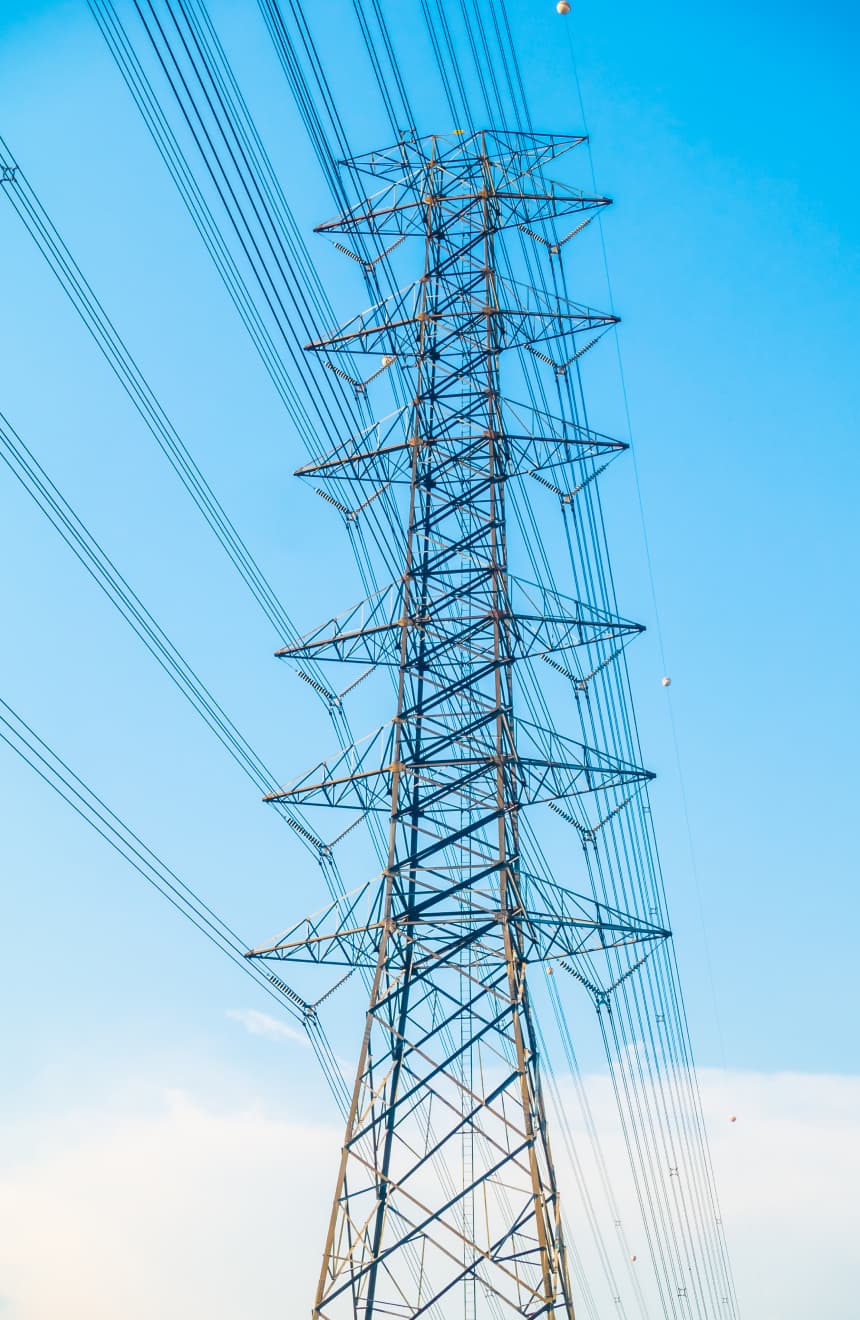
Energy and Emissions
At Hubbell, we are committed to managing our energy use and lowering our greenhouse gas (GHG) emissions. As part of that effort, we focus on measuring our energy consumption and emissions to identify efficiency and reduction opportunities.
We collaborate with our facilities to identify and pursue initiatives that increase energy efficiency and lower the carbon footprint of our operations. These initiatives include, but are not limited to:

Water Management
Water is essential for life, and as a company, we embrace our responsibility to manage and reduce our usage of such an important resource.
Our water management approach across global operations includes:
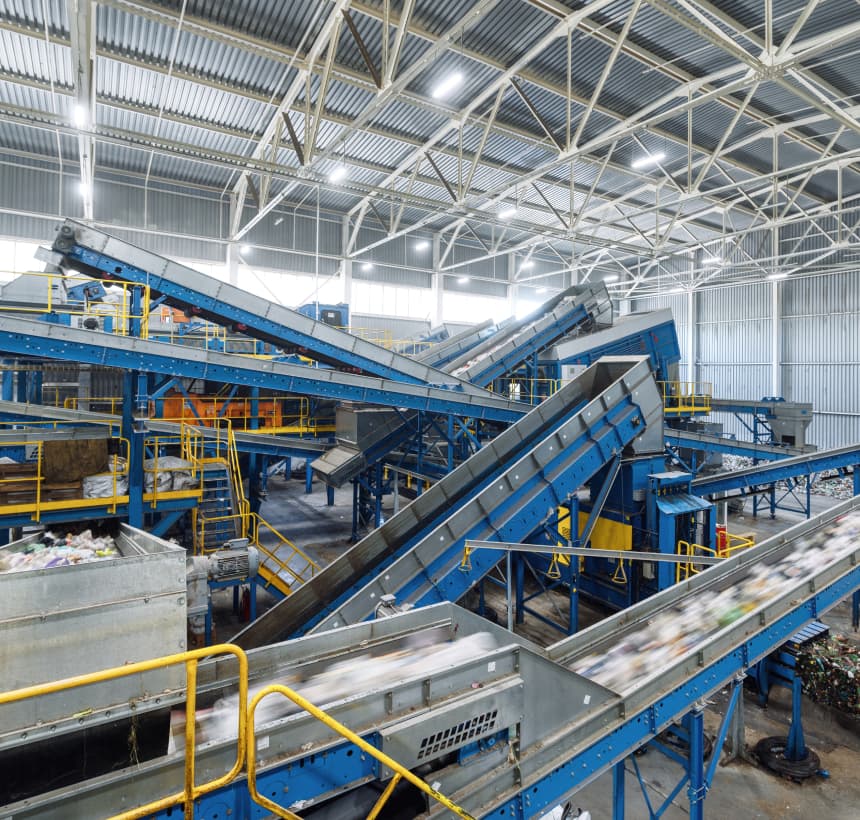
Waste Minimization
As a business, Hubbell is committed to responsible consumption and production, which includes managing and minimizing our waste generation. In addition to pursuing measures that reduce the amount of waste we dispose at our facilities, we reduce, recover, reuse, and recycle byproducts, such as scrap metals, and other surplus materials in our operations whenever feasible.
As a manufacturing company, we recognize our role in supporting a more circular economy. To that end, we aim to create solutions that keep products and materials in use and design out waste and pollution.
416 THOUSAND
number of electric and water meters recycled in 2024 via our smart meter recycling program.
1.18 MILLION
pounds of scrap metal recovered from recycled meters in 2024.
70 %
amount of our packaging supplies made of recycled material in 2024.
81 %
amount of steel, by weight, purchased in 2024 from mills that use recycled material as their primary feedstocks.






